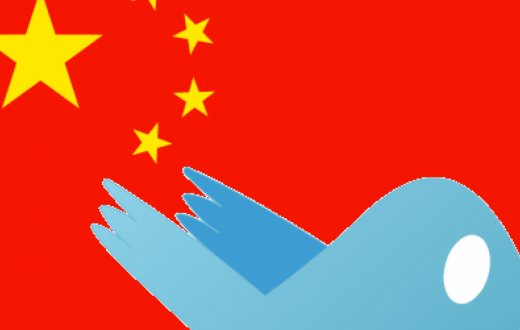Why is propaganda so powerful? It’s a weapon that has an enormous influence on individuals and groups of people who are the receivers of the propaganda messages. Why enormous? Because propaganda relies on FEELINGS. When a group or an individual is under the influence of feelings, they will do things they would never do when they are guided by reason.
Maybe the best example in history is totalitarian regimes of the twentieth century, nazism, and later communism. Propaganda from these regimes made people actually support crimes against humanity. They were actually the soldiers who helped maintain these systems as long as possible. They worked for the system, for something they believed in. It wasn’t the opposite. The system wasn’t in their service.
How did this psychological weapon evolve? To find an answer to this question, it’s best to go back to Ancient Greece where there were groups of citizens who discussed public matters and exchanged their opinions. In the Ancient world, art was a favorite area for propaganda. Literature often had an “educational” purpose.
Later in history, propaganda develops in parallel with the development of science and technology. So, there were printed materials that helped to spread the propaganda message more quickly. At the end of the 18th and the beginning of the 19th century, there is a great example. Napoleon Bonaparte used publications to write about his battles. People loved to read them and he became very popular. His move helped a lot in forming his cult of personality.
But, the real revolution of propaganda happened in the twentieth century, especially with the development of radio and television. That development helped spread the message quicker than in any prior historical period. During World War II, people would often hear words such as “We”, “Together”, “Rely” and similar, but also many metaphors. Nazi politicians presented them in their messages in a very aggressive way, yelling and often creating drama. That was a perfect way to create a perfect society, according to their criteria.
After the war, during the Cold War era, it’s interesting to look at popular culture, especially because the cinema and TV were very popular. So, there was a cultural war. Both the West and the East had their brave and handsome good guys and bad guys. The latter were usually from the side of the real enemy.
During the 1990s, with the development of the World Wide Web, another revolution occurred in the development of propaganda. People started to send their messages through websites and these messages spread even faster than 40 or 50 years before. So, propaganda, as a weapon, became stronger, faster, and more efficient.
Today there are social networks. It’s enough to become a member of the group, like the page, or follow someone’s profile and an individual or a group of individuals becomes an active participant in spreading the message because it can be shared very easily. False and misleading information filled with words like “We”, “Together”, “You” and others have much faster and greater effect than fierce political speeches seventy years ago. Lately, there is also an interesting trend. These messages are spread via messaging applications that are more private and can be sent only to a selected group of people. Any individual from these groups can share them with another group and in that same way, very privately, in order to fulfill the intention of the original sender.


